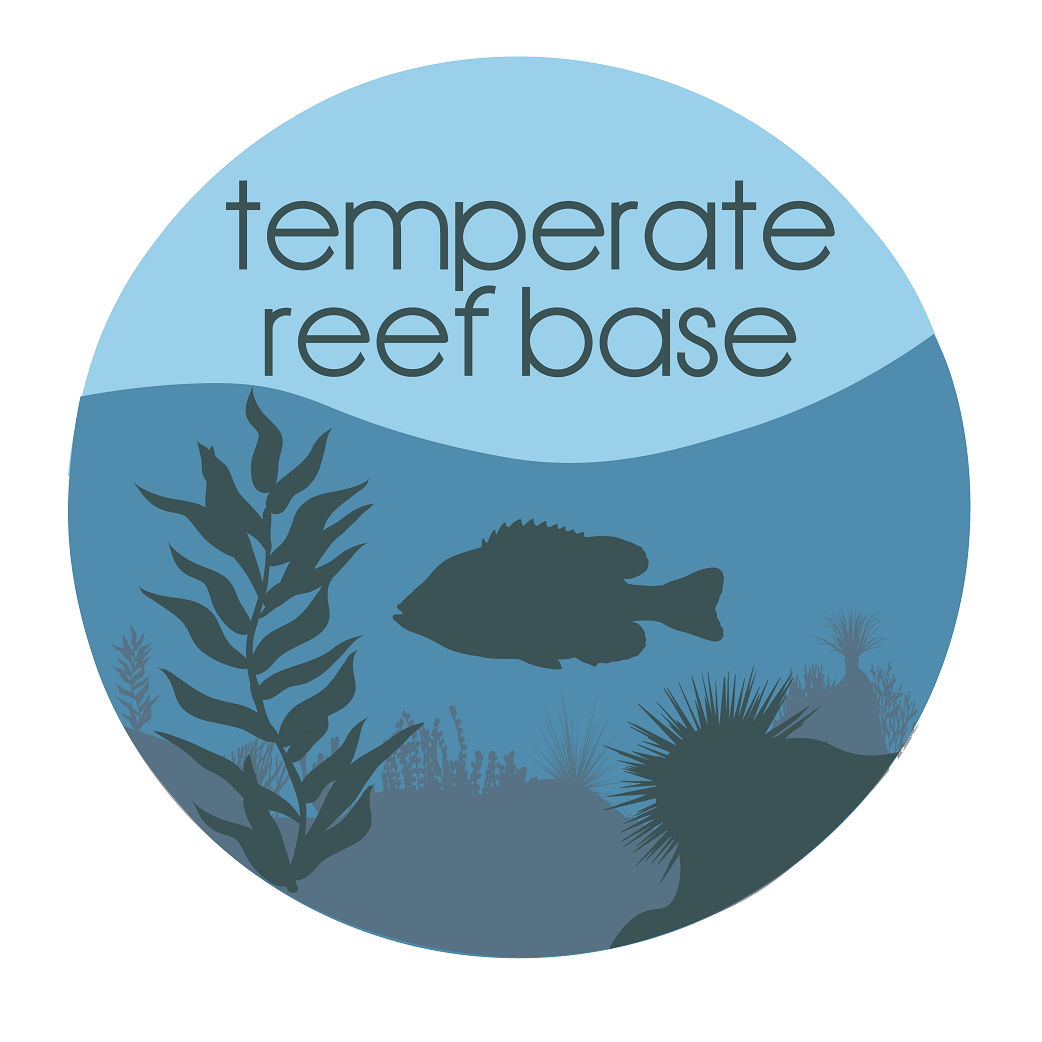BIOGEOCHEMISTRY
Type of resources
Topics
Keywords
Contact for the resource
Provided by
-
A times series of data was collected from coastal (land-fast) sea ice at Davis Station, Eastern Antarctica (68 degrees 34' 36" S, 77 degrees 58' 03" E; Figure 1) from November 16 to December 2, 2015. Sea ice temperature and salinity, as well as macro-nutrients (nitrate NO3-, nitrite NO2-, ammonium NH4+, phosphate PO43- and DSi), particulate organic carbon (POC) and chlorophyll a (Chla) in the sea ice were measured six times in 16 days of austral spring and early summer (Nov. 16, Nov. 20, Nov. 23, Nov. 26, Nov. 29, and Dec. 2; in days of the year, 320, 325, 327, 330, 333, and 336). Depths were measured from the top of the ice cores. Seawater below the ice was also sampled for comparison. Samples of snow, sea ice, brine and under-ice seawater were collected under trace metal clean conditions near Davis station during the transition of sea ice from winter to spring conditions (October 2015), on a regular basis (every 4 days) for 3 weeks. 6 sampling events were successfully achieved. The list of parameters collected during the fast ice study include in situ temperature, ice texture, pH, oxygen, iron and Chla, Br/I, carbonate, nutrients and POC, incubations with stable N and C isotopes. Samples are currently returning on V3 and will be analysed in the US, Belgium and Australia in the coming months. The biogeochemical observations will allow us to determine the roles of light versus iron in the initiation of the spring bloom in this region, and the role of the melting fast ice in fertilising the spring time primary production.
 TemperateReefBase Geonetwork Catalogue
TemperateReefBase Geonetwork Catalogue